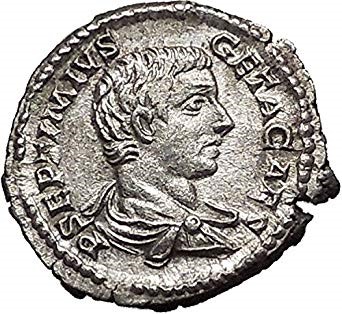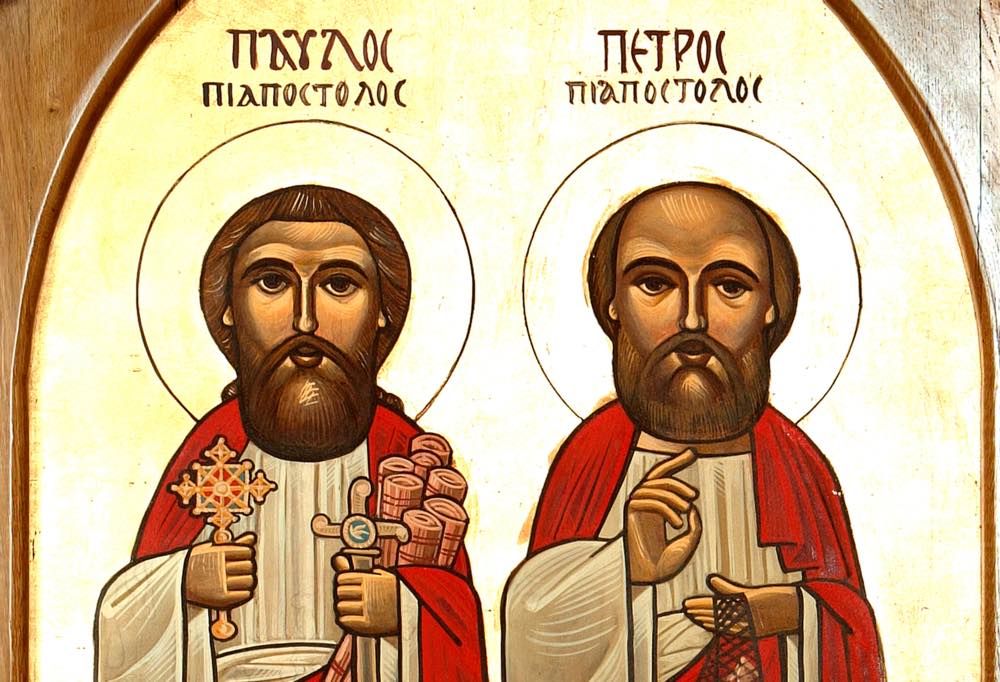– Corrado Gnerre
I often find myself talking about politics, in the broadest sense of the word. And I also find myself stressing the importance of the State in Christian doctrine. But not a few times I hear people saying to me: “True Christianity should not be interested in politics. The State should be far from the interests of the Christian.” At the same time, I remember the famous phrase of Jesus, when he said: “Give to Caesar what is Caesar’s and to God what is God’s.” I do not deny that in the face of these objections I find myself in difficulty. How can I respond?
Jesus’ famous response to the Pharisees: “Give to Caesar what is Caesar’s and to God what is of God” (Matthew 22,21) is usually interpreted as a sort of veiled rejection by Christ – and therefore by Christianity – of politics and political action. It is primarily because the distance between spiritual power and political power would be enormous, between the supernatural and the natural reality. Forgetting that precisely in Christianity the distinction is affirmed, but not the separation, between these two realities, according to the well-known affirmation: “Gratia perficit naturam,” that is, Grace perfects nature, without replacing it or even canceling it. All in the logic of the organic relationship between body/spirit and reason/faith.
This sentence should instead be interpreted in a completely different way, or rather as recognition by Jesus of the natural value of the potestas, that is of sovereignty. The Catholic Church in its Magisterium has always affirmed that sovereignty is desired by God and has always defined the State as a society not only necessary but also in its own way, perfect (which in this case means “autonomous”) and desired by God himself. In a speech of 21 June 1955, Pope Pius XII said: “The State is of natural origin, no less than the family; this means that in its core it is an institution intended and given by the Creator. The same applies to its essential elements, such as the power and authority that emanate from nature and from God. In fact, from nature, and therefore from its Maker, man is pushed to unite in society, to collaborate for the mutual integration with the mutual exchange of goods, to organically arrange oneself in a body, according to the diversity of the dispositions and actions of the individuals, to strive for the common purpose, which consists in the creation and preservation of the true general good with the contribution of the single activities.”
Thus, according to Catholicism, the State has its naturalness; just as natural are the Nation and the Homeland. In this regard, I will clarify the diversity of meanings that refer to these terms. The “State” is linked to the concept of sovereignty; the “nation” is the community united by an identical culture; the “homeland” (which etymologically means “land of the fathers”) indicates the territory inhabited by a people that recognizes itself as a nation.
Let’s go back to the State. For Catholicism, the State is not only a natural reality, but must also naturally possess the necessary characteristics. It must be a complete and perfect society, composed of a multitude of families and intermediate groups, oriented towards the realization of the common good.
Complete and perfect: it means that the State is sovereign in its tasks and enjoys autonomy towards the Church.
Composed of a multitude of families and intermediate groups: it means that the State cannot be reduced to the exclusive relationship between single man /political power, but that among them there must exist a series of realities that have as much political importance and that make the State itself organic, where the good of every reality that constitutes it can positively reflect on the whole body.
Consecrated to the realization of the common good: it means that the State is aimed at achieving the common good, which is not simplistically identified with the sum of the individual and different individual goods, but with the objective outcome, natural and supernatural, of all men.
Therefore, dear reader, Christian doctrine is not at all an “anarchist” doctrine. Indeed, it recognizes the necessity and naturalness of the State.
(From La buona battaglia. Apologetica cattolica in domande e risposte, 2019©Chorabooks. Translated by Aurelio Porfiri. Used with permission of the publisher. All rights reserved)


 Follow
Follow


